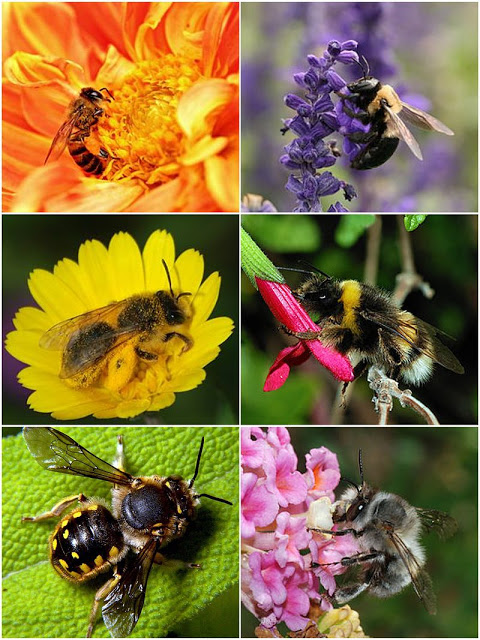

| Online: | |
| Visits: | |
| Stories: |

| Story Views | |
| Now: | |
| Last Hour: | |
| Last 24 Hours: | |
| Total: | |
Bees Just Give Up When Humans Degrade the Land
Researchers from The University of Western Australia in collaboration with Kings Park and Botanic Garden, Curtin University and CSIRO have completed a world-first study on insect metabolism in free flying insects, focusing on the honey bee. The study funded by an Australian Research Council linkage award has revealed the significant effect human impact on the environment had on bees, which are crucial for the planet, pollinating one-third of everything we eat.
Landscapes that have been degraded mean a reduction in the availability of resources which affects the metabolic rate of the honey bee and puts more strain on its body’s ability to function.
Emeritus Professor Don Bradshaw from UWA’s School of Biological Sciences said the researchers wanted to find out how honey bees’ metabolism was impacted by human made changes to the environment such as clearing of land.
To do this they used a unique method to measure the energy expenditure of bees, originally developed by Professor Bradshaw and used in his research on honey possums. Through this method they were able to measure the metabolic rate of bees when they are in their natural environment, and compare pristine environments rich in resources to degraded environments.
“Before conducting the experiment we thought the bees would have a much higher metabolism in degraded areas because they would need to travel further in search of food,” Professor Bradshaw said.
“Surprisingly we found the opposite. The metabolic rate of bees in natural woodland was actually significantly higher than in a degraded environment,” Professor Bradshaw said.
“Rather than travel in search of food in degraded areas, the bees foraged less and depended on stored resources inside the hive.”
“We were also able to measure their intake of nectar which showed that the bees in the degraded landscape were feeding less.” The research has important implications for understanding environmental impacts on bees which will help preserve bee populations in the future and may offer insight into the way other insects’ metabolism works and how it affects their behaviour. This is the first time the metabolic rate and feeding rate of a free-flying insect has been measured in its natural environment and paves the way for future research on pollinators other than bees.
“Bees are vital for human beings, the environment and agriculture,” Professor Bradshaw said.
“They pollinate one sixth of flowering plants world-wide and help to produce a third of what we eat, but unfortunately over the past few decades there has been a dramatic decline in global bee populations.
“Continual research in this area is vital in understanding their behaviour, how we as humans can impact their survival, and what we can do in the future to protect them.”
The research has been published in the Proceedings of the Royal Society
Jess Reid
Source: http://www.ineffableisland.com/2017/02/bees-just-give-up-when-humans-degrade.html





Stupid people don’t know how to listen, or maybe they do, they’re just too full of shit.